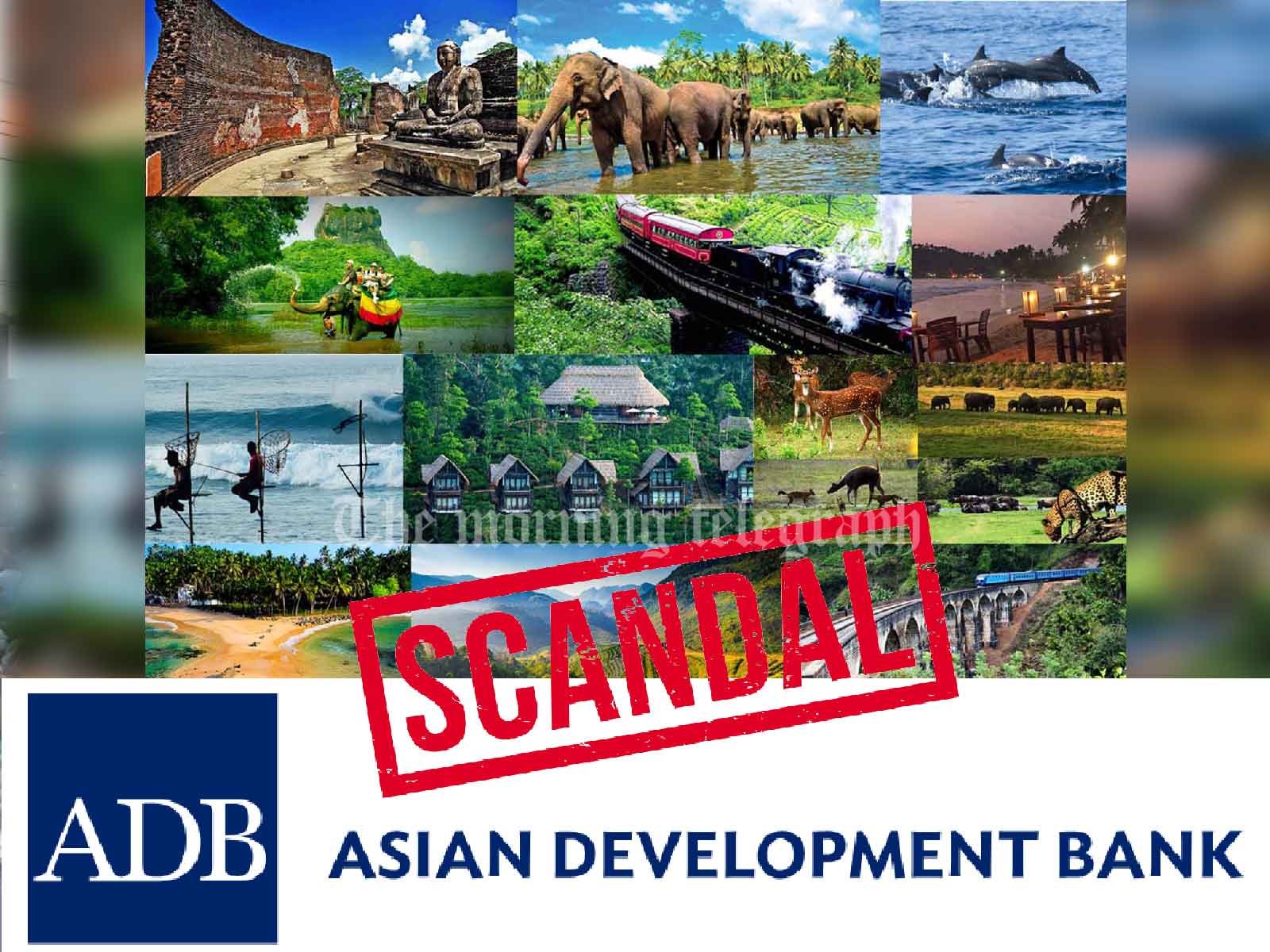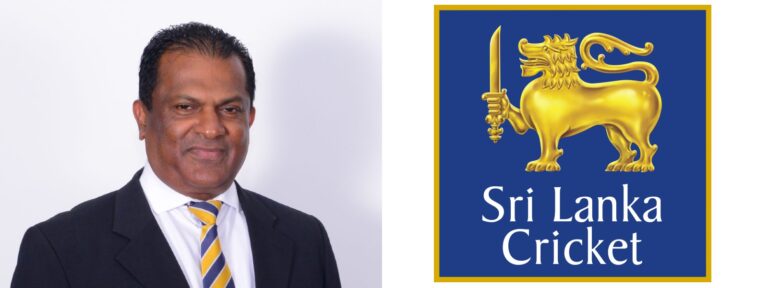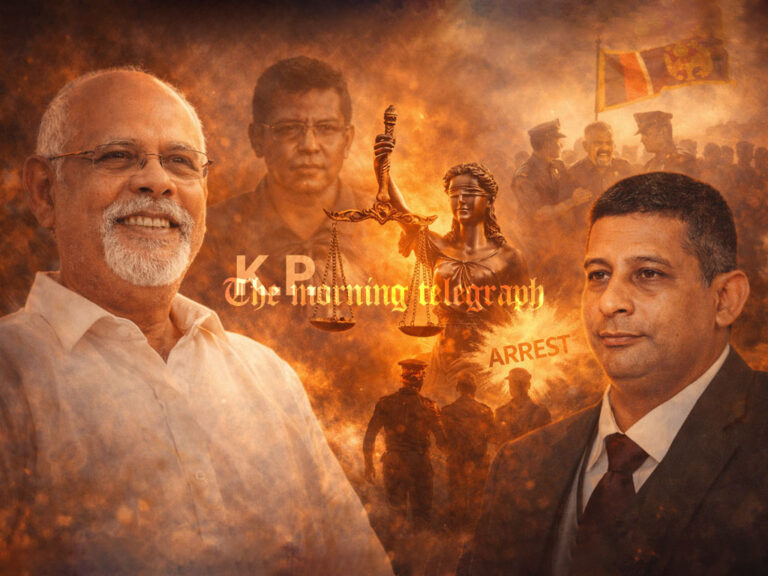
The government of Sri Lanka, like many developing nations, relies heavily on support from multinational donor agencies to bolster its economy and spur growth across various sectors. One such agency, the Asian Development Bank (ADB), has been at the forefront of supporting development projects in Sri Lanka, including in the tourism sector, with a recent pledge of US$100 million. However, behind this promise of development lurks a troubling narrative of how funds may be siphoned off, with the majority of allocations directed toward consultants, possibly indicating an ongoing scheme to funnel money unnoticed.
Over the years, the ADB has been involved in numerous projects aimed at boosting Sri Lanka’s economy, with particular focus on tourism development. A sum of US$30 million has already been committed to tourism and urban development in Trincomalee, Dambulla, and Sigiriya, though specific details on the utilization of these funds remain unclear. ADB’s continued pledge of US$70 million for further tourism-related work remains in limbo, as concerns grow over how this money is being handled by ADB’s local staff.
Tourism Projects and Consultant Dominance
While many tourism-related projects, initiated years ago under the tourism agencies Sri Lanka Tourism Development Authority (SLTDA), Sri Lanka Tourism Promotion Bureau (SLTPB), and Sri Lanka Institute of Tourism and Hotel Management (SLITHM), have seen completion, one glaring issue is the delay in the development of a travel app, a project coordinated by ADB. Strangely, this delay is attributed to a developer selected by ADB itself, raising suspicions about the transparency and accountability of the process.
With US$70 million still earmarked for future projects, ADB began consultations with local tourism agencies and formed a team of consultants to create proposals on how best to utilize the funds. However, the involvement of local ADB consultants raises red flags. Reports indicate that consultants appointed by ADB Manila were under significant pressure to push forward a new piece of legislation known as the “Visit Sri Lanka Act.” Critics have labeled the proposed act as unprofessional and amateurish.
The leading tourism agencies, institutional heads, and trade associations expressed outright hostility toward this act, viewing it as unnecessary and hasty, with potentially long-term negative consequences for the tourism industry. Despite their objections, ADB consultants were pressured to align their proposals with the flawed act. When the final report was submitted to the former President, it was rejected outright, likely due to political maneuvering. Interestingly, this same report later appeared as part of the NPP’s policy plan during the presidential election campaign, leading to speculation that the report had been leaked by someone within ADB. This raised serious questions about the motives of local ADB staff.
Funds Funneled to Consultants: A Hidden Agenda?
One of the most concerning revelations from recent ADB steering committee meetings is the sheer amount of money allocated to consultants. A reported 60% of a US$1.5 million funding commitment is earmarked for consultancy fees, far exceeding what the Ministry of Finance’s External Resources Division (ERD) had approved. This high percentage suggests that much of the funding meant for tourism development is being diverted to consultants, both local and international, potentially at the expense of actual progress on the ground.
The tourism agencies raised concerns that ADB’s local consultants were trying to reinvent the wheel by creating unnecessary roles and projects for consultants, disregarding the actual needs of the organizations. This allowed them to funnel significant amounts of funding into consultancy-related expenses. Many in the tourism sector have voiced skepticism, suggesting that these consultants are manipulating the system to serve their personal agendas, with ADB’s upper management in Manila seemingly unaware of the scale of manipulation.
One notable example is the proposal to support the Pekoe Trail project, which had already received funding from the EU and USAID. The SLTDA Chairman expressed concerns over the handling of the previous project and questioned why further funding for the Pekoe Trail was even being considered. This decision raised eyebrows, as no formal request for additional funding had been made by the authorities, yet the document proposed by ADB appeared to push this project forward with a significant allocation for consultants.
Moreover, despite requests from tourism authorities for a 10-year master plan with input from the UN World Tourism Organization (UNWTO), ADB’s proposal instead included a new three-year tourism strategic plan, which local tourism leaders deemed unnecessary. This, once again, highlights the disconnect between the actual needs of the industry and the decisions being made by ADB’s local consultants.
Lack of Transparency and Ethical Concerns
In a recent ADB steering committee meeting chaired by the Secretary of the Ministry of Tourism and Lands, officials questioned ADB’s lack of transparency. The tourism agency heads were surprised to discover a leaked document from ADB’s headquarters in Manila outlining nine projects with funding commitments totaling US$1.5 million, most of which were intended for consultant-related expenses. Shockingly, none of these projects had been discussed with or approved by the Ministry of tourism organizations, apart from a few minor consultations.
At the meeting, ADB’s local staff and officials denied any knowledge of the document, prompting further questions about how ADB’s headquarters could develop a proposal without the necessary understanding of the local tourism industry. The absence of proper consultation with stakeholders only deepened the skepticism surrounding ADB’s actions.
Attempts to obtain a copy of the meeting minutes have so far been unsuccessful, though reports suggest that the entire meeting was recorded. In those recordings, the unethical practices of local ADB staff were reportedly exposed. These developments indicate a potential scheme to fleece funds, with consultant-related expenditures being significantly inflated.
The Way Forward: Accountability Needed
Industry experts have raised concerns that some of ADB’s local consultants appear to be driving their own agendas rather than addressing the most critical areas in need of development. These consultants seem to monopolize projects, making it difficult for other consultants or tourism officials to intervene, further enabling them to redirect funds toward unnecessary consultancy fees.
It is essential that the new government adopt a cautious approach when dealing with ADB’s local staff and consultants. While ADB’s assistance is crucial for developing the tourism sector, it is equally important to ensure that these funds are allocated transparently and in a manner that prioritizes the industry’s needs.
Given the scale of these revelations, it may be time for ADB’s anti-corruption unit to launch a thorough investigation into the operations of local ADB staff and their handling of tourism-related projects. Proper scrutiny of the consultancies involved could shed light on whether the funds are being used to line the pockets of a select few, at the expense of the country’s development.
Tourism is a vital sector for Sri Lanka’s economic recovery. The stakes are high, and all stakeholders including ADB, the government, ministries, tourism organizations, and trade associations must work together to ensure that resources are used effectively and ethically. Failing to do so will only further delay progress in an industry that holds the potential to make a significant contribution to the national economy.





Mahaweli Water Security Investment Program is also a similar project launched by the ADB be hiring so called Foreign Experts who are clueless about Sri Lankan Irrigation culture.